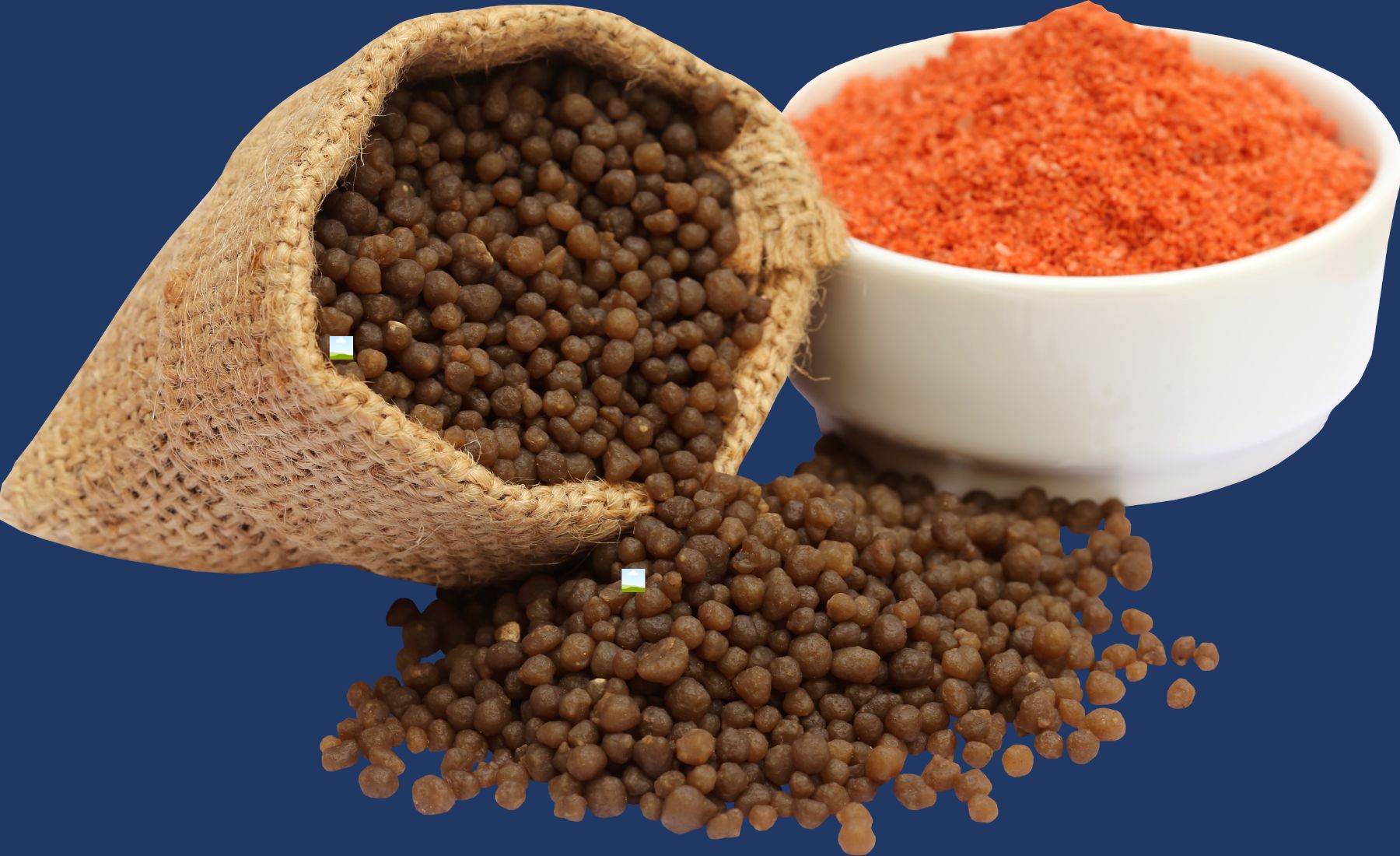In the ever-evolving landscape of agriculture, where the demand for food is continuously rising and soil health is being pushed to its limits, potash fertilizers have emerged as silent heroes of crop productivity. While nitrogen and phosphorus often grab the limelight in discussions about plant nutrition, potassium—delivered through potash fertilizers—plays an equally critical, yet often underestimated role. It strengthens plant resilience, boosts yield quality, and is indispensable for sustainable agriculture.
The Role of Expert Market Research
Understanding the precise needs of soil, climate, and crop is where truly informed agricultural decisions begin. This is exactly where Expert Market Research steps in as a game-changer. With its in-depth analysis and data-driven insights into emerging agricultural trends, soil nutrient profiles, and specific crop responses, the firm empowers farmers, agronomists, policymakers, and agro-industries alike.
Their comprehensive research helps users decode the complex interactions between fertilizers and crop yield, ensuring not just effective, but efficient use of potash fertilizers. By uncovering what works, why it works, and how it can be optimized, Expert Market Research enables smarter, region-specific, and sustainable farming strategies.
What Exactly is Potash Fertilizer?
Potash refers to various mined and manufactured salts that contain potassium in water-soluble form. Among the essential nutrients required for plant growth, potassium ranks third after nitrogen and phosphorus. However, its role is distinctly different and uniquely vital. Potassium regulates several physiological processes in plants including water uptake, enzyme activation, and photosynthesis. Potash fertilizers primarily consist of potassium chloride, but also include potassium sulfate and potassium nitrate depending on crop requirements.
These fertilizers do not just support the visible growth of crops; they enhance the internal processes that determine the quality, taste, color, and storage ability of the produce. In short, potash is the unsung nutrient that every plant quietly demands.
Why Farmers are Turning Towards Potash Fertilizers
As global agriculture shifts toward more intensive and sustainable practices, potash fertilizers have become more than just an option—they are a necessity. Farmers are realizing that potassium-deficient crops often display poor root systems, weak stalks, and are more susceptible to diseases and pests. Moreover, inadequate potassium results in lower drought tolerance, which in today’s changing climate is a risk no grower can afford.
Potash fertilizers help mitigate these challenges. They make plants more water-efficient, increase resistance to pathogens, and support the development of stronger root networks. For cash crops like sugarcane, bananas, potatoes, and cotton, potassium isn’t just beneficial—it’s critical.
Boosting Nutritional Density and Soil Health
In addition to improving crop yield and resilience, potash plays a pivotal role in enhancing the nutritional quality of the food we consume. Crops grown in potassium-rich soil tend to have higher concentrations of vitamins, proteins, and essential nutrients. In a world increasingly focused on food security and nutritional adequacy, potash fertilizers are contributing quietly yet substantially.
Furthermore, unlike some fertilizers that may degrade soil structure over time, potash supports long-term soil health. It balances other nutrients in the soil, reduces salinity-related stress in plants, and facilitates efficient water use. When applied judiciously, potash fertilization doesn’t just nourish crops—it sustains the land they grow on.
India’s Growing Awareness: A Potash Shift in Agriculture
In India, where agriculture forms the backbone of the economy and sustains a massive rural population, potash fertilizers are gradually gaining ground. Traditionally, Indian farmers have relied heavily on urea and phosphate-based fertilizers. However, rising awareness about nutrient balance, especially in states like Punjab, Haryana, and Maharashtra, is prompting a paradigm shift.
Indian soils, especially in high-cultivation areas, are increasingly showing signs of potassium deficiency. This has led to reduced crop quality and increased vulnerability to diseases. By integrating potash into fertilization regimes, Indian farmers are now witnessing better yield consistency and enhanced quality, especially in crops like wheat, sugarcane, and fruits.
Environmental Edge of Using Potash
Environmental sustainability in agriculture isn’t just about using fewer chemicals—it’s about using the right ones in the right way. Potash fertilizers have a lower environmental footprint compared to many nitrogen-rich options. Since potassium doesn’t volatilize or leach as easily, it stays longer in the soil, offering extended nourishment without the need for frequent application. This means fewer inputs, less runoff into water bodies, and ultimately, a gentler footprint on the environment.
Moreover, potassium’s ability to improve drought resistance directly reduces the water footprint of crops, an invaluable advantage in water-stressed regions around the world.
Precision Agriculture and the Future of Potash Use
With the rise of precision agriculture, the application of fertilizers is becoming more targeted and efficient. Modern tools like soil testing kits, drone surveillance, and AI-powered crop monitoring systems allow farmers to determine exactly how much potassium is needed and where. This ensures that potash fertilizers are used optimally, preventing waste and maximizing returns.
The future of potash lies in customization—delivering nutrient solutions that are tailor-made for specific crop-soil-climate combinations. This also opens doors for bio-based potash alternatives and sustainable formulations that align with organic farming principles.
